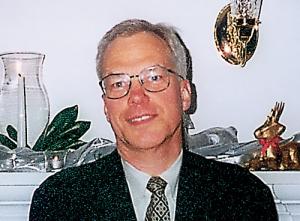Gas pipelines compete against electric transmission lines. And the pipes are winning.
Bruce W. Radford is Editor in Chief of Public Utilities Fortnightly.
Last month, somebody gave me a copy of what looks likes a purloined private, inside-the-company newsletter put together by an association of power traders. Let me try to share some of it with you.

In one column, the editor reported on a speech he gave at the monthly meeting of the Women of LA, held at the Beverly Hills Four Seasons Hotel, where, as he puts it, the ladies looked like they had just stepped in for lunch after their weekly Bridge or Ma Jong game. The editor saw them as friendly and hospitable, but at the same time, "very pro-Democrat" and "very anti-us." In fact, the editor says that by the time he took the stage, he was put back on his heels, forced to defend power generators against what he described as a lynch-mob mentality.
Earlier, when TV actor Dennis Weaver (Gunsmoke) took the podium, and he urged everyone to embrace conservation and replace fossil fuels with hydrogen (e.g., fuel cells and such), the editors says the ladies just plain broke out in applause. The editor adds that their enthusiasm for Weaver even exceeded their love for consumer advocate (and former Fortnightly author) Peter Navarro, who talked about how the power generators had manipulated prices and pocketed those obscene profits.
Well, I, too, am concerned about runaway electricity prices. But like the ladies of LA, I suspect that the real lesson of the Western power crisis goes beyond price manipulation and obscene profits.

